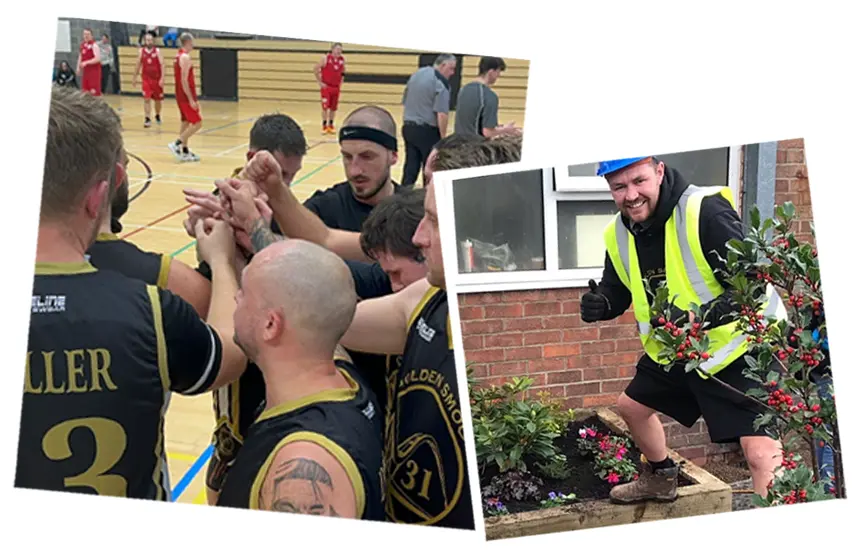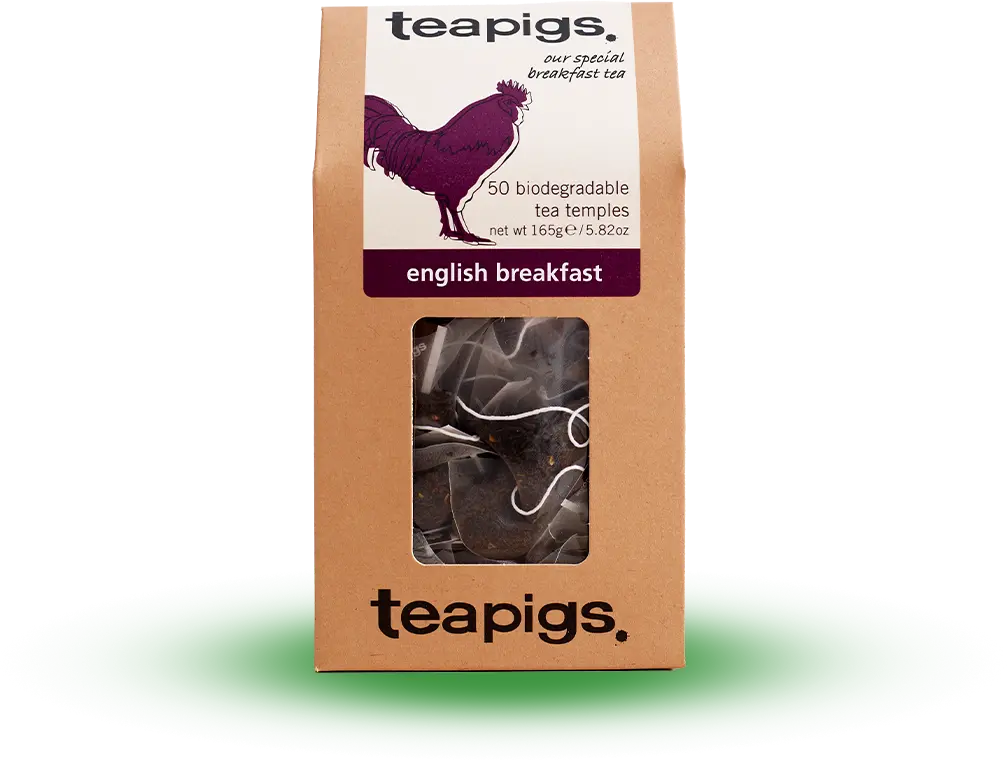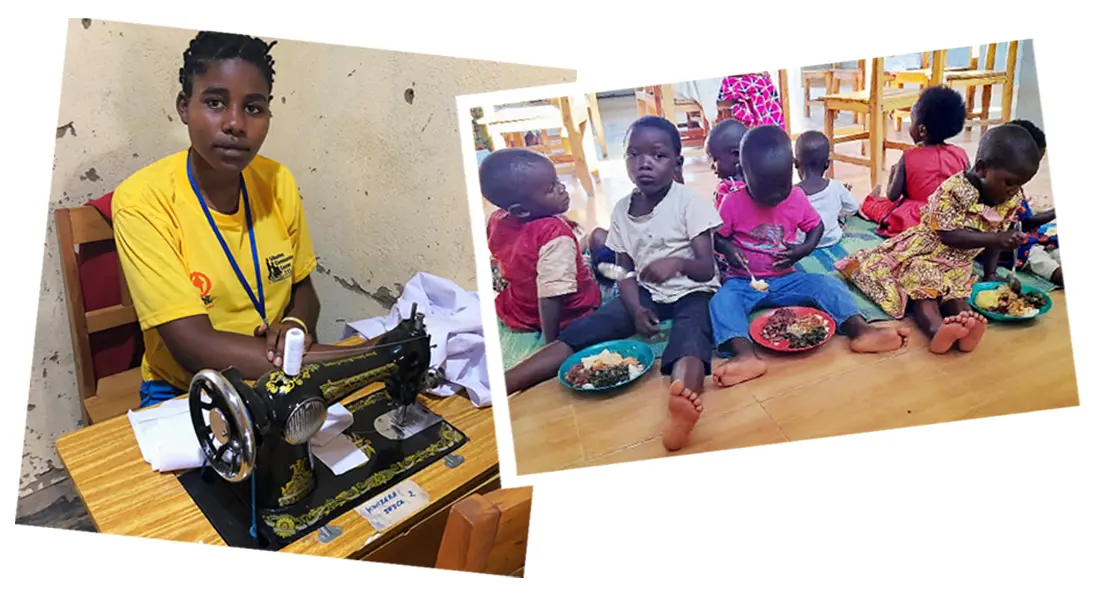 | 01
| 01 | 02
| 02MEET OUR CORE
Brands
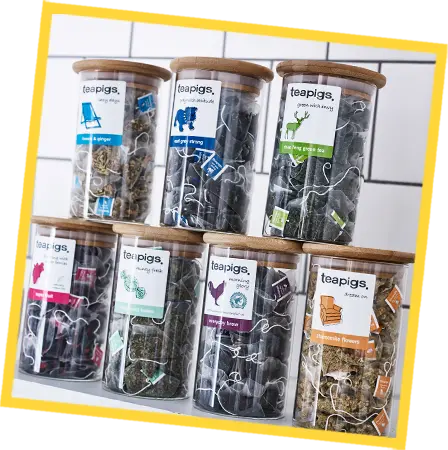
Real tea - just big, whole tea leaves, whole herbs, berries and spices
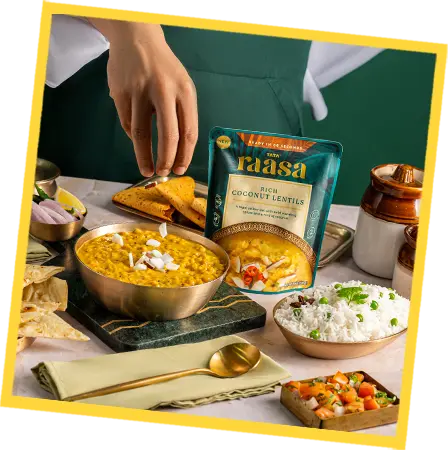
Quality meals from palace to plate
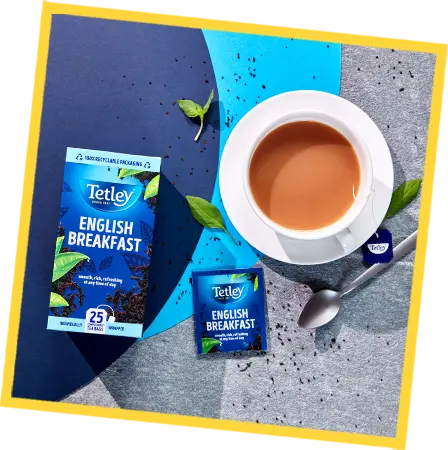
Teas for every taste and occasion - a household favourite
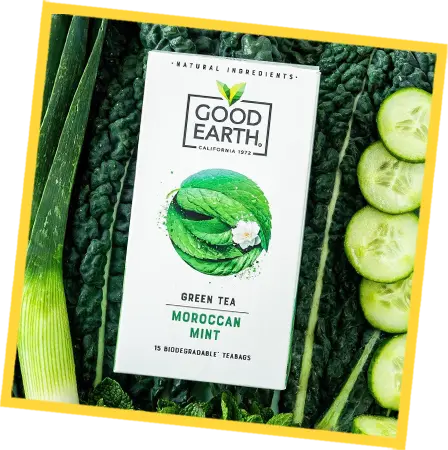
Tea from the bold flavours of nature
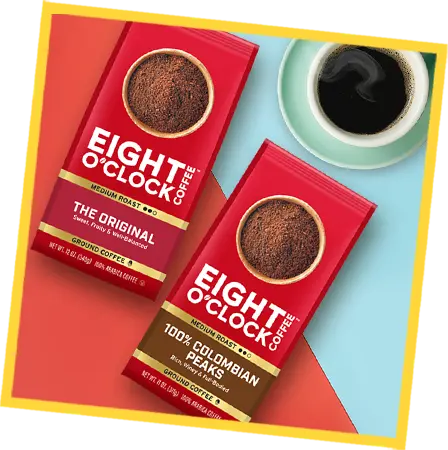
Coffee so good you’ll want to drink it black
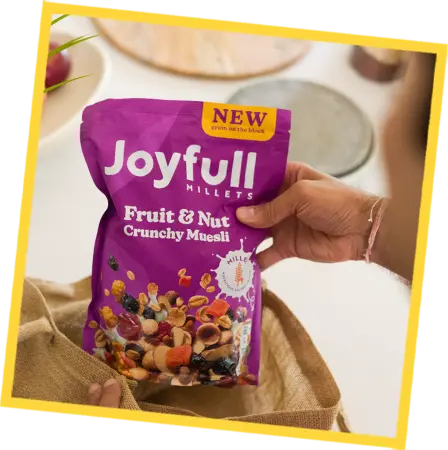
Super crunchy, super tasty, super good muesli
 | 03
| 03the first
Word
Welcome to Tata Consumer Products, a family of quality food and drink products sourced from ingredients from all round the world.
As a custodian of many household names, including many heritage brands, we have a responsibility to live everyday with purpose and meaning.
Our purpose is to deliver Better Moments Today, For A Better Future Tomorrow, a sentiment that captures the very essence of who we are. A company who in pursuing our purpose does the right thing in sourcing and production; cares about quality, nutrition and the sense of togetherness and special moments great food and drink can deliver; and works to protect the long-term future of our planet, and the many different communities which inhabit it.
Let us show you a glimpse of our world.

Gharry Eccles
President -
International Business
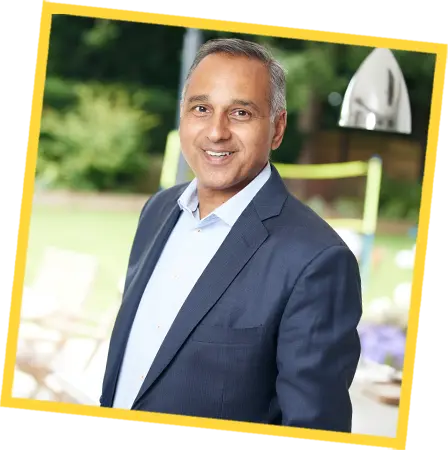
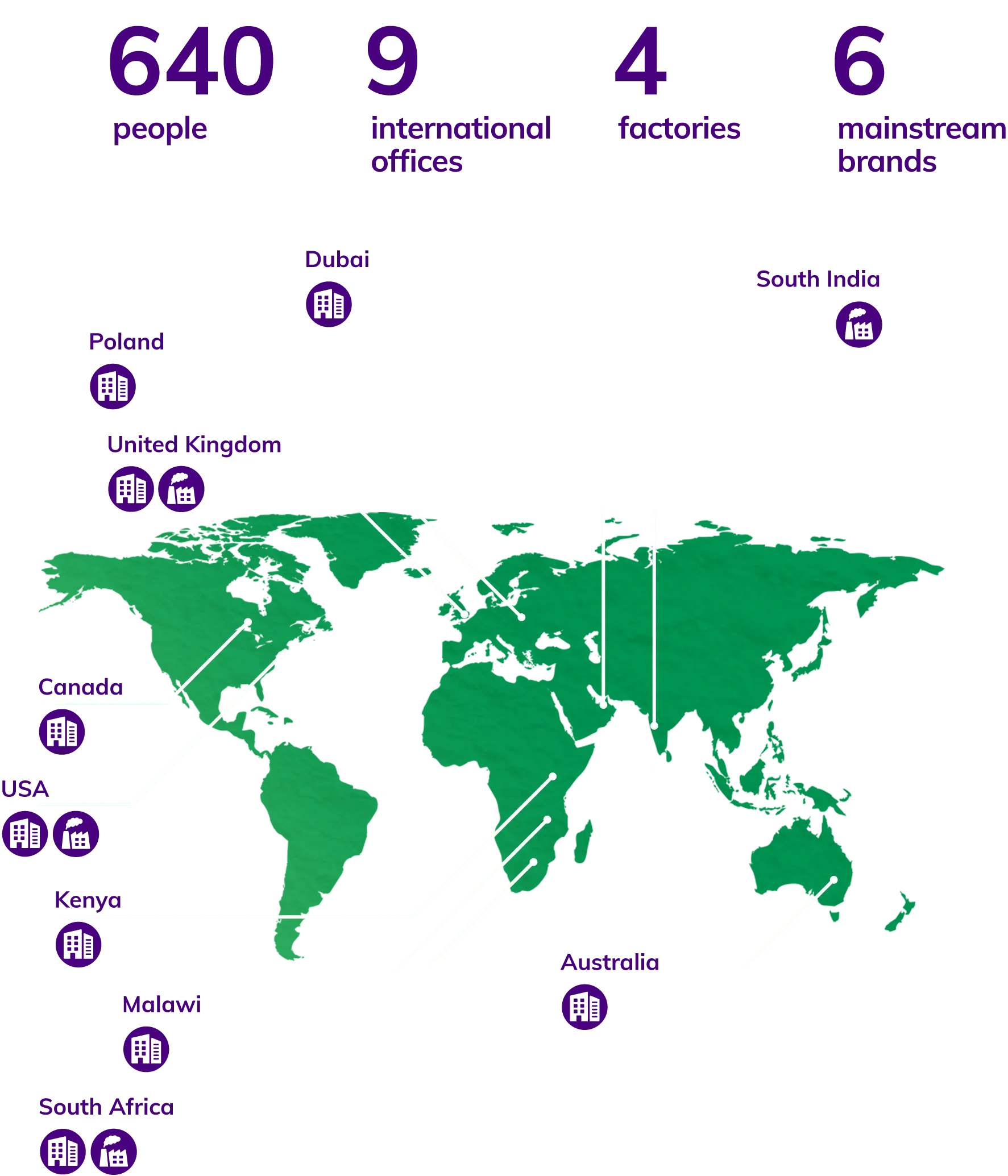
 | 04
| 04Foreword
Thank you for your interest in the work we’re doing to make a difference through our sustainability programme.
Sustainability encompasses a huge breadth of activities and responsibilities, and we encapsulate this through our vision to build better lives and thriving communities, in what we term #ForBetter.
Although you might not be familiar with Tata Consumer Products you will know our well-loved brands – Tetley; Good Earth; teapigs; Eight O’Clock Coffee; Joyfull and Raasa to name a few, and it’s through these brands we’ll show you the different ways in which we work #ForBetter.
All Tata Consumer Products’ international businesses work to the same goals; but different nuances come into play as we respond to to the very dynamic legislative environment regarding climate change; packaging waste and Governance reporting requirements.
We’re purposely not going to take you into the nitty gritty of different legislative frameworks, but we do want to talk simply about the good things that we are doing, as well as the things we know we need to work on, so that you can share this journey with us and have a better understanding of the brands you love.

Cassie Shuttlewood
Head of Strategy Deployment, Sustainability & Communication
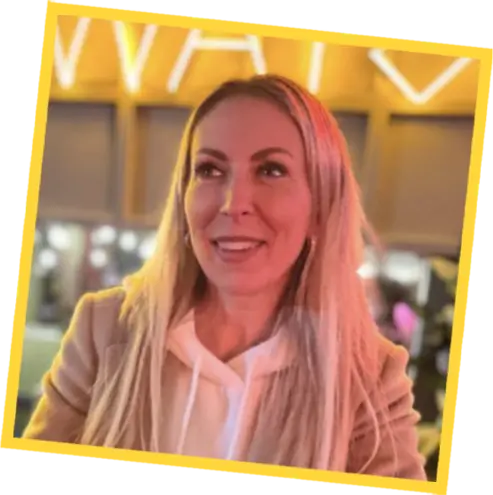
#FORBETTER
FORBETTER Planet
We do all we can to look after the planet we share; cutting waste to landfill; non-recyclable plastics; and carbon and other emissions that harm the environment.
FORBETTER PRODUCTS
We aim to boost wellbeing with great tasting products made from sustainably and ethically sourced ingredients.
FORBETTER people
We are a people business caring for each other and others in communities close to us and further afield.
 | 05
| 05
For Better
Planet
Whether individuals or a business, we all have to take responsibility for the impact we have on the environment.
The things we need to care about and action as a business are very similar to what we do in our own homes, but on a much larger scale.
Let’s show you some of the things we’ve been up to #ForBetter.
 | 06
| 06the debate is
Hotting
up!
Even if you don’t understand the science, the need to do what we can to protect the planet can’t have escaped you.
Carbon and other greenhouse gas emissions, that’s harmful gases that raise the surface temperature of the planet like CO2 and Nitrous Oxide, are a big problem and need to be reduced, which is why organisations like ours are working really hard to work towards Net Zero.
Net Zero
Net Zero is the point at which the amount of greenhouse emissions emitted by an organisation are no more than the amount of greenhouse emissions taken away, whether taking action to reduce them, or doing something to offset them like tree planting.
Emissions come from many different sources which are grouped into scopes. The vast majority sit in Scope 3, which are things outside our control, like boiling the kettle – who’d have thought it!
greenhouse gases

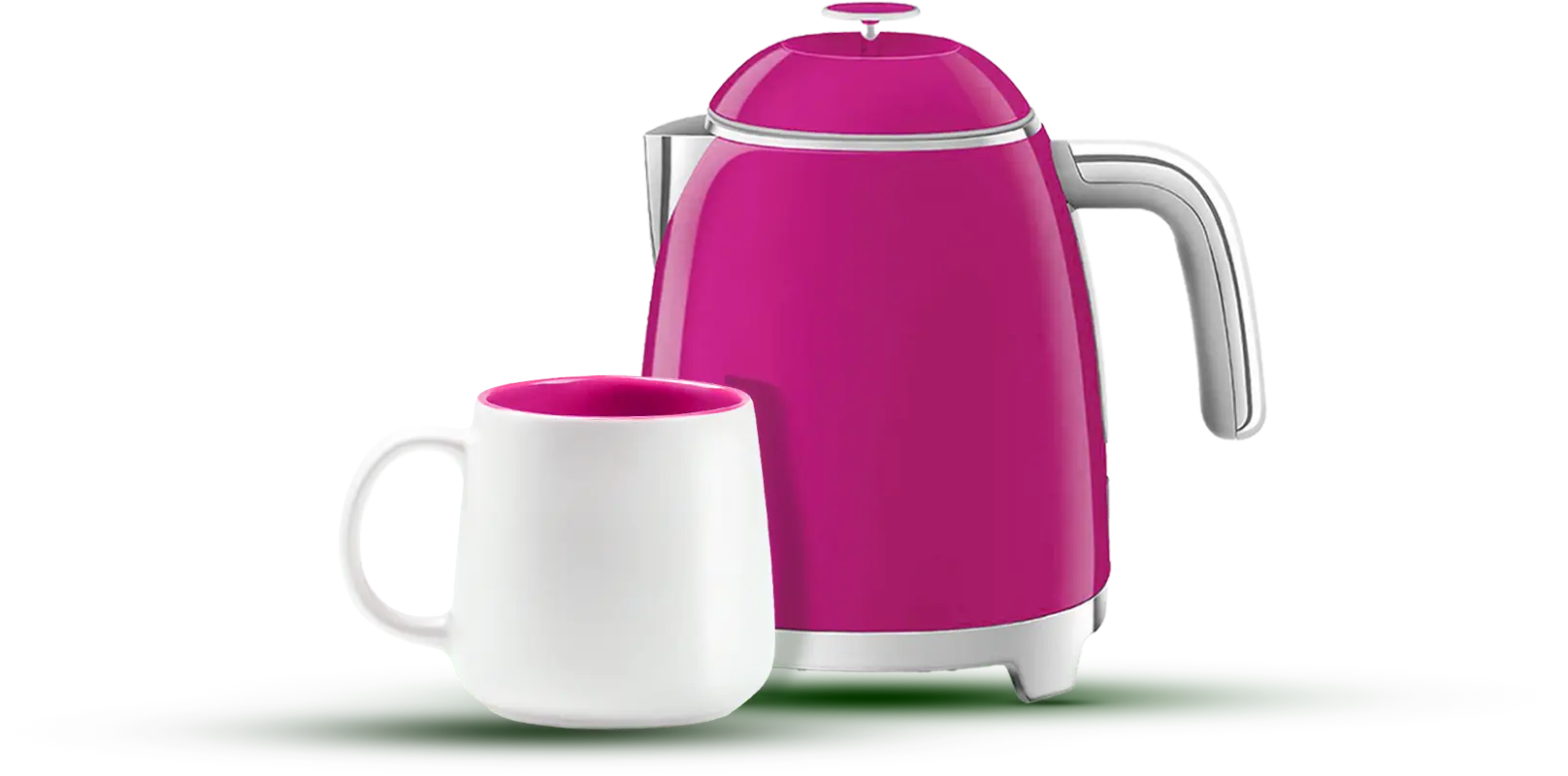
 | 07
| 07talking of
Kettles
brits are known to be a nation of tea drinkers and drink about 100 million cups a day!
If each time we boiled just the water that was needed, rather than a whole kettle full, around 618 tons of carbon emissions could be cut each day. That’s the equivalent of removing 1.5 million miles travelled by an average family car.
To reduce emissions and reach Net Zero Tata Consumer has set targets for the whole business. Our goals for FY25/26 are:
- To be Carbon neutral on Scope 1 and Scope 2 across all geographies.
- To be zero waste to landfill across all our operations in all geographies. All our manufacturing operations are already zero to landfill.
- For 35% of all power requirements to be met by renewable sources.
If we use our UK operations as an example, you can see our journey in action.
our uk journey to net zero

 | 08
| 08one man’s waste
is another's
TREASURE
We’re really proud that all our beverage production sites are zero waste to landfill.
Our UK tea factory in Eaglescliffe achieved this in 2013; our US coffee factory in 2014; and our tea factory in India in 2019. Eaglescliffe has 1,331 tons of waste repurposed or recycled each and every year, we love an animal stat, so in case you’re wondering whether that’s a lot or not, it’s close to the weight of some 200 adult African elephants!

So just what happens
to all this waste:

 | 09
| 09THE GLOBAL LOVE OF
LANDFILL
Across the world, humans generate a lot of trash each year, about 2.12 billion tons* in fact, and about 87%** of this ends up in landfill, even though a lot could be recycled or composted.
Most of us want to do the right thing, but it's not always easy; some geographies just don't have the capabilities to recycle.
Plus it’s not always clear what you should do with packaging once you’re finished with it, so the chances are it will get thrown away and taken off to landfill. That’s why we try our hardest to make sure consumers know what to do with our packaging once they’ve finished enjoying our products.
It’s about having clear labelling, in Australia our instructions on pack are in-line with ARL (Australia Recycling Label) guidance; in Canada we are putting a recycling logo on the base of our new packs and have the standardised recycling labelling How2Recycle in our sights; and in France our products will carry the Triman recycling logo.
In the UK we're working with OPRL (On Pack Recycling Labelling) to make the call to recycle as clear as possible.
So, lots of labels, but all with the same mission to ensure that packaging is disposed of and recycled properly so that it does not end up in landfill.
Sources:
*World Bank
**comfyliving.net
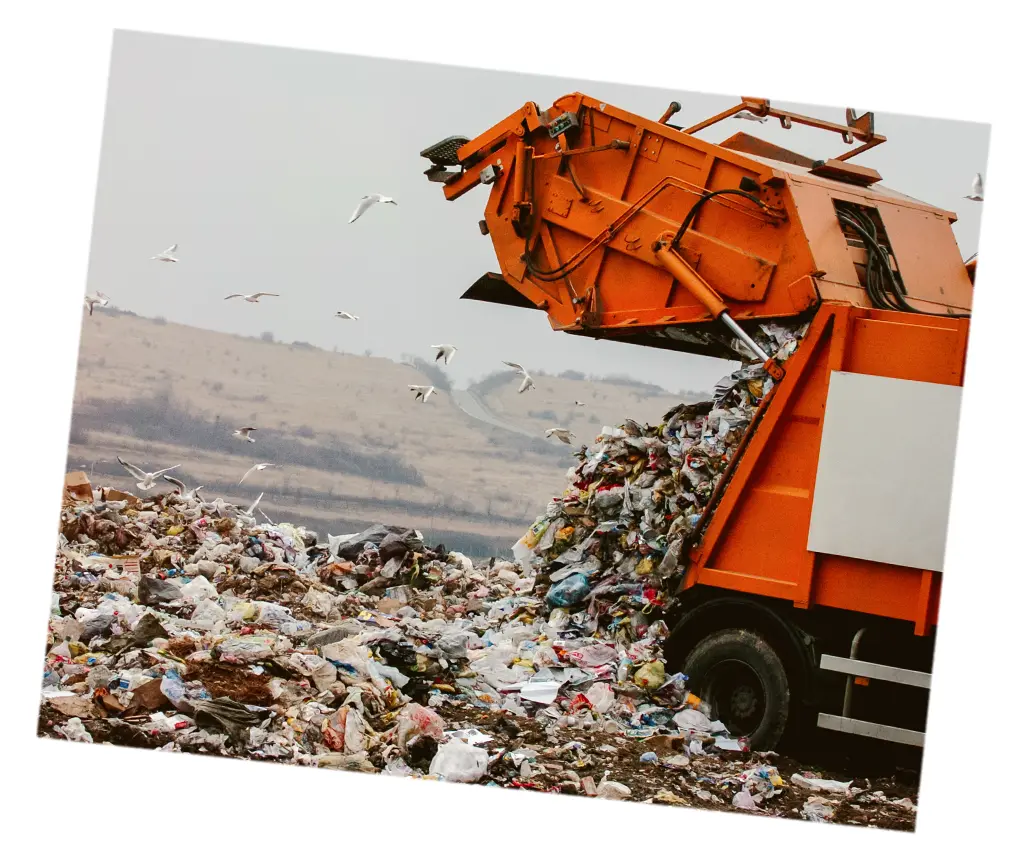
 | 10
| 10Nature's
Joy
We know wondering if your cereal is helping the planet in some way is a big concept for the morning, but that's exactly what one of our newest launches, Joyfull Millets Crunchy Muesli, is doing.
The secret’s in the name – Joyfull Millets. Fruit & Nut; Honey & Nut; Choco & Nut and no added sugar might be what you’d expect to see in the cereal aisle, but what’s different, is the base grain of Millets is not often found.
Millets are an extra super, super grain; they’re an ancient grain full of natural goodness, high in fibre, low in sugar and well, a joy to eat! They’re tasty and best of all for those who hate a soggy cereal, have an impressive crunch, long after milk or any other dairy alternative has been poured over it.
Aside from all the great things going on in the bowl, Millets have been highlighted by the UN as a potential solution to the challenges of climate and global food security - 2023 was declared the International Year of The Millet as a result.
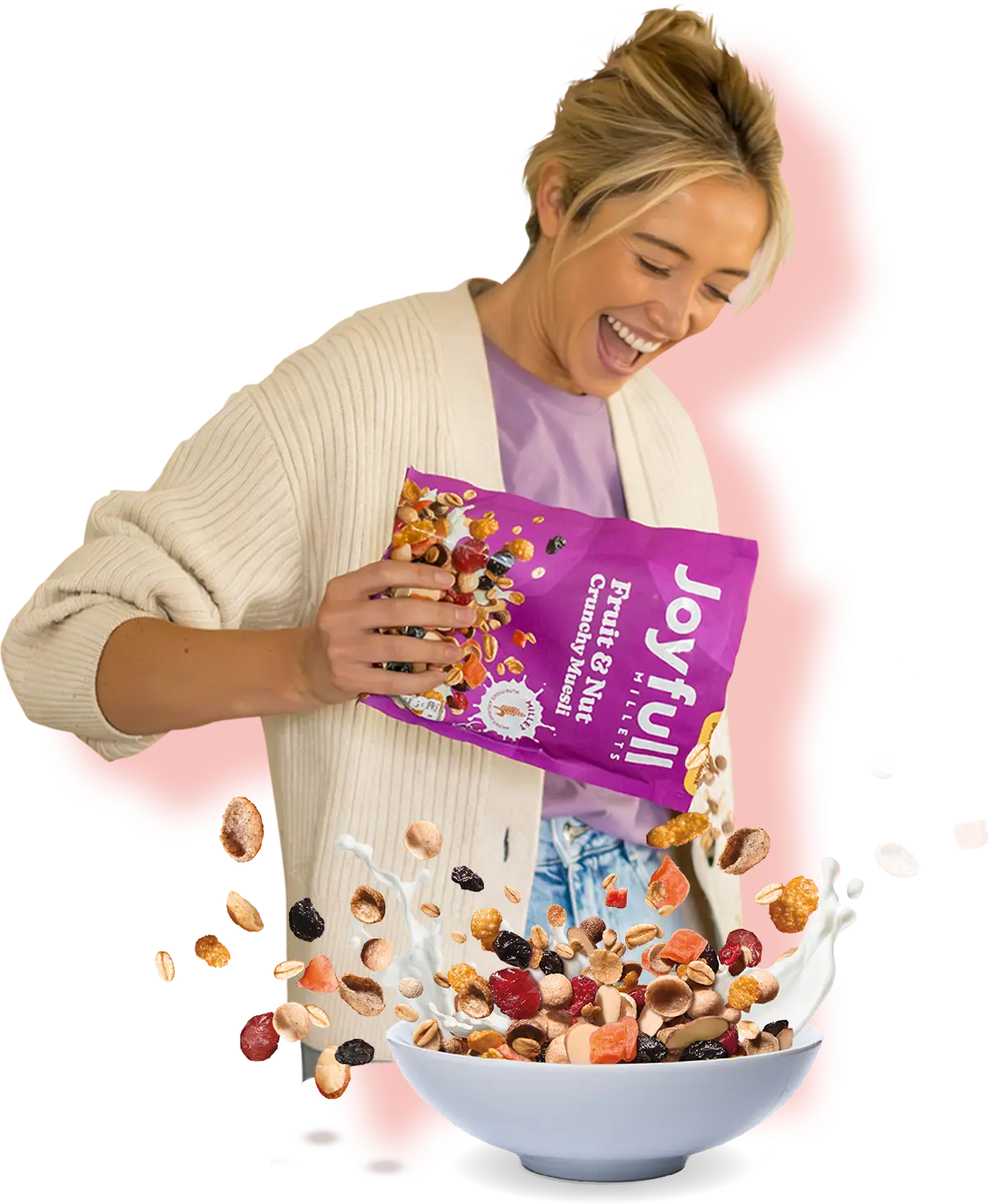

 | 11
| 11
For Better
Products
Delivering sustainable packaging is right up there on our ForBetterPlanet priorities and we’ve made a commitment that 100% of our packaging will be recyclable, reusable, or compostable by 2025.
 | 12
| 12THE HEART OF THE
Matter
Before we start looking at our products and the improvements we’re making, let’s just pause a moment to reflect on the why?
The Plastic Plague
- Each year 141 million tonnes of plastic packaging is produced.
- Of all plastic ever produced, only 9% has been recycled.
- Around 80% of materials that end up in landfill could have been recycled.
A Matter To Digest
- A lot of plastic we can’t see, there are approximately 51 trillion microscopic pieces of plastic around, weighing in at 269,000 tons, equivalent to 1,345 adult blue whales.
- By 2050 there could be more plastic than fish in the oceans.
We know these are frightening and tragic statistics, but what we want to illustrate is why the circular economy, a big concept when talking about the environment, is so important.
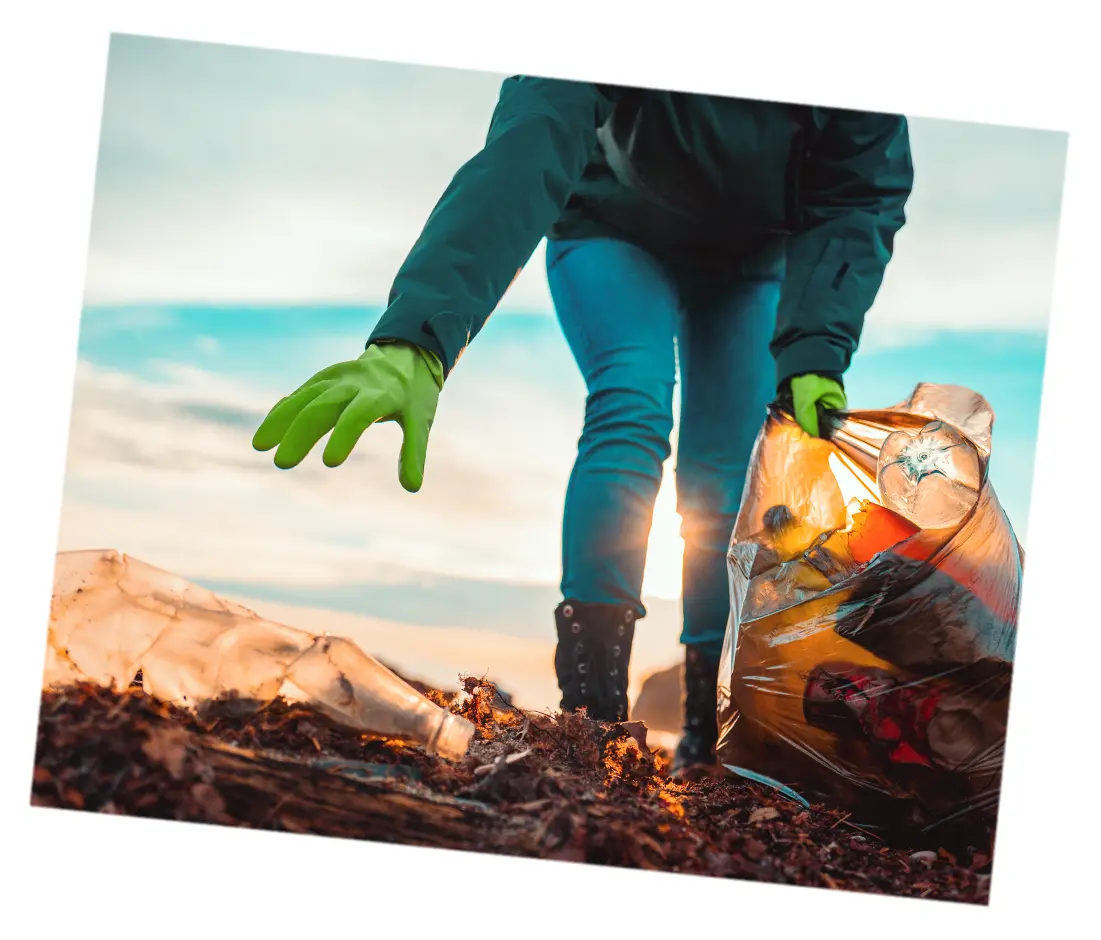
 | 13
| 13THE NEED FOR
Circles
If you’re conscious of how you shop and what you consume, then you’ve probably heard about the Circular Economy.
According to experts the way we live is using 60% more resources than the Earth can provide, this clearly can’t go on and we all need to do our bit to help.
Renewable energy can help manage around 55% of the emissions that cause global warming. 45% comes from things that are produced and used like cars, food, clothes, and everyday products.
The circular economy is about making things in a way that uses as little of the world’s resources as possible, and with minimum waste and carbon emissions.
The big idea is that products should be kept in use for as long as possible, whether repaired, re-designed, or re-cycled, so they can be used again and again.
When they can no longer be used, the different parts of the product should be kept in the economy by being recycled for use in another way.

 | 14
| 14Packing
the benefit in!
Supporting packaging recyclability programmes around the globe, we in the international business (outside of India), have pledged that 100% of our packaging will be recyclable, re-usable or compostable by 2025.
- We signed the UK Plastics Pact in 2018 and in 2023.
- We were the first tea company to sign up to the Canadian Plastics Pact.
- In Australia in line with the Australian Packaging Covenant, we are committed to sustainable targets to achieve 100% sustainable packaging.
Working hard towards our targets, we have made a significant USD 53.2m investment to deliver some pretty impressive transformation projects to benefit us across our international business.
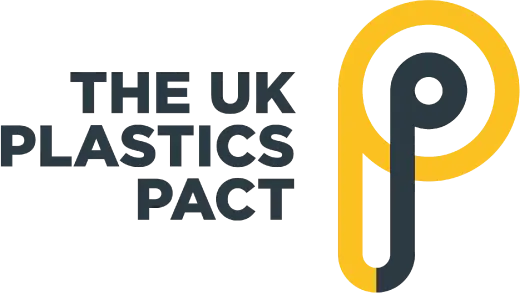
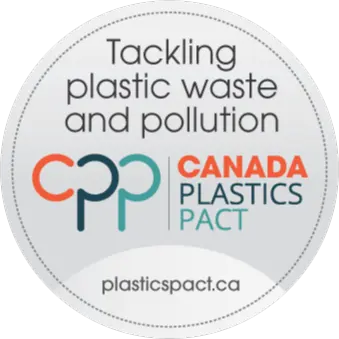
a look at tea
As one of the largest tea factories in the world, Eaglescliffe has pioneered world class developments in carbon reduction; production efficiency; and waste reduction, but change was needed to advance to the next stage of our ambitious sustainability programme and capability.
Many of our tea bag machines had been in use since the 50s and 60s (so officially vintage). We came to the point where we had to either move and scrap the machines and invest millions to install new, or take a different route to repurpose; and that’s exactly what we did, by working with a long term automation partner Sewtec to work on a substantial modernisation and equipment upgrade programme.
The result was probably one of the most ambitious reduce reuse and recycle projects around!
The project not only reduced scrap material tonnage, but delivered higher performance and efficiency, with production time per machine improved by 30%.
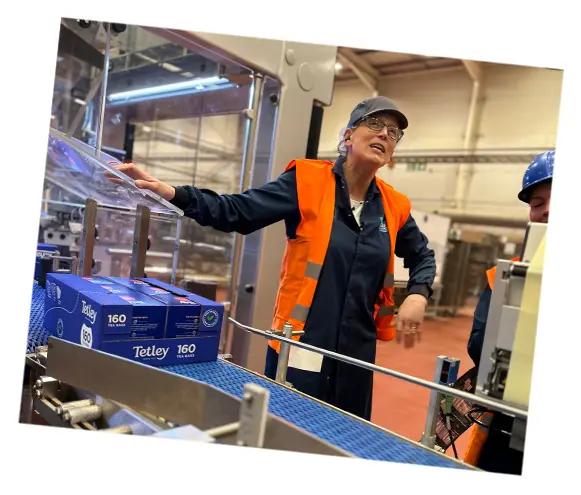
 | 15
| 15Sustainability
in the bag!
Our factory upgrade project has enabled a transition to producing plant-based tea bags. Essentially there are a few different types of tea bags:
‘Traditional’ tea bags made from paper tissue with a small amount of plastic made from fossil fuels - PP.
Plant-based tea bags with a small amount of plastic made from renewable organic sources, such as corn starch or sugar cane - PLA.
Plastic free bags.
Tea bags made from paper tissue and sealed with a small staple or knotted string.
A change to plant-based tissue
Although there are some exceptions, most tea bags contain a very small amount of plastic to heat seal two pieces of tissue together. The tissue used makes a difference to how it should be disposed of after use.
Our Good Earth and teapigs tea bags are already plant based, so our mission has been to transition Tetley to the same.
To make this happen, we’ve made changes at our tea factory so that we can make plant-based tea bags using PLA tissue (that’s the techy term for plant based).
The tissue can be tricky to work with, ideally it would like to work in machines 6x slower than our high-speed production environment, so our engineers developed some clever technology to make it work.
the clever widget developed by our engineers with our equipment suppliers has been a great success - plant-based tea bags are rolling out!
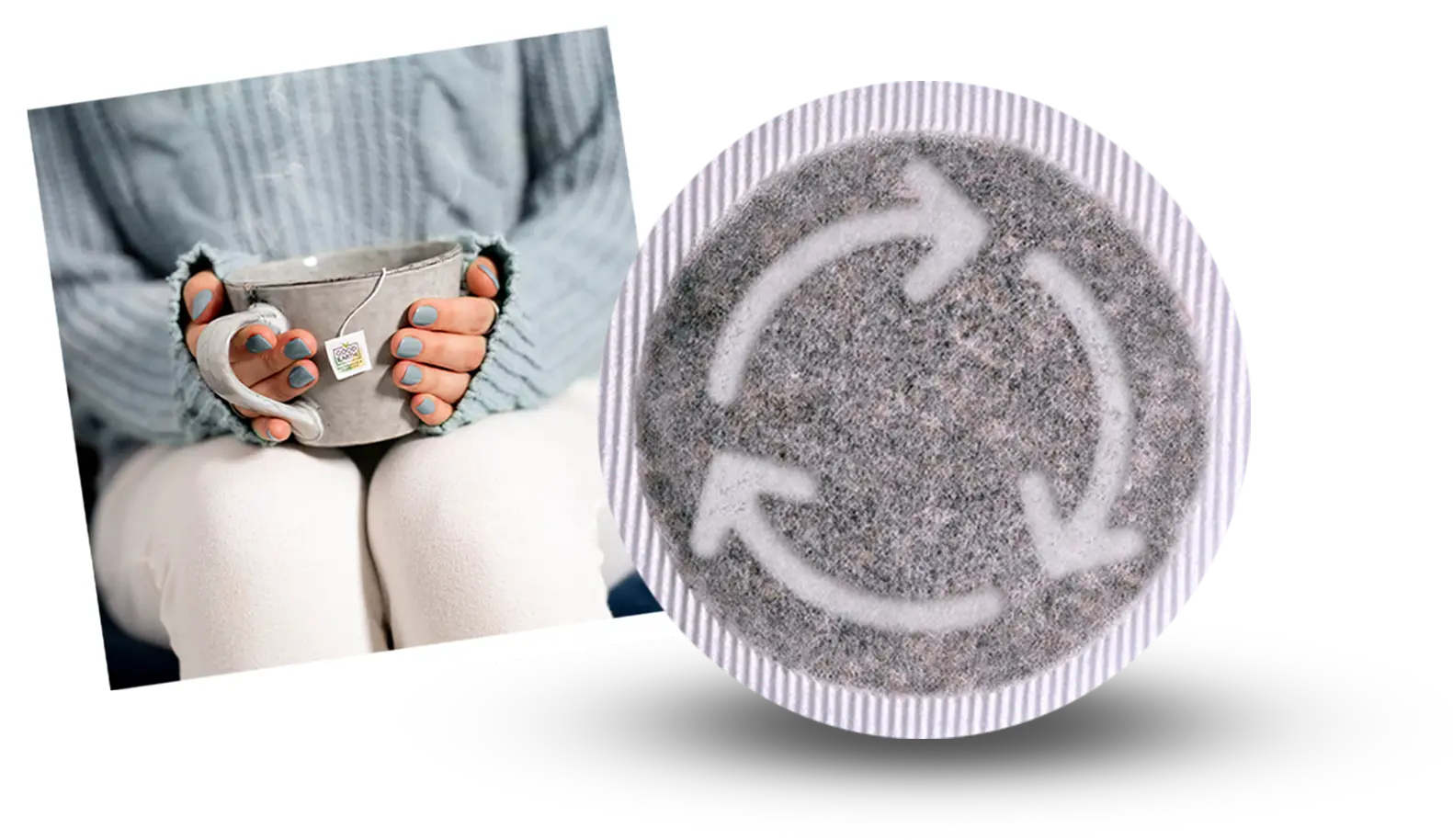
 | 16
| 16TACKLING THE PACKAGING
Challenge
Whilst moving to plant-based tissue is an important part of our drive to improve the sustainability of our tea bags, we have some other priorities, to:
- Remove any unnecessary plastics (things like wrappings or pouches if they are not needed to protect the product).
- Ensure any necessary plastic packaging used is recyclable.
- Reduce the amount of packaging used overall.
A major pack change
One of the biggest packaging projects we have undertaken is to address the recyclability of one of our major packaging formats in the UK.
When developed some 30 years ago it was a real breakthrough. Essentially a laminate paper pack, it could be closed again once opened, took less space in cupboards and on shelf in stores.
However, as time moved on, we hit a problem, the thin layer of laminate covering the paper pack, which gave it strength, meant it could not be recycled. We needed a solution that would combine the best qualities of softpack, but could be totally recycled. We’ve cracked it with a new carton design being introduced in the UK, Australia, US & Canada.

new carton features:
 | 17
| 17keeping on
Track
As we progress towards our goals there is always a lot going on, knowing what packaging we have and how it can be disposed helps keep us on track, and you informed on what can be done with the packaging after use.

Key

*At local collection points / check locally
** Industrially compostable
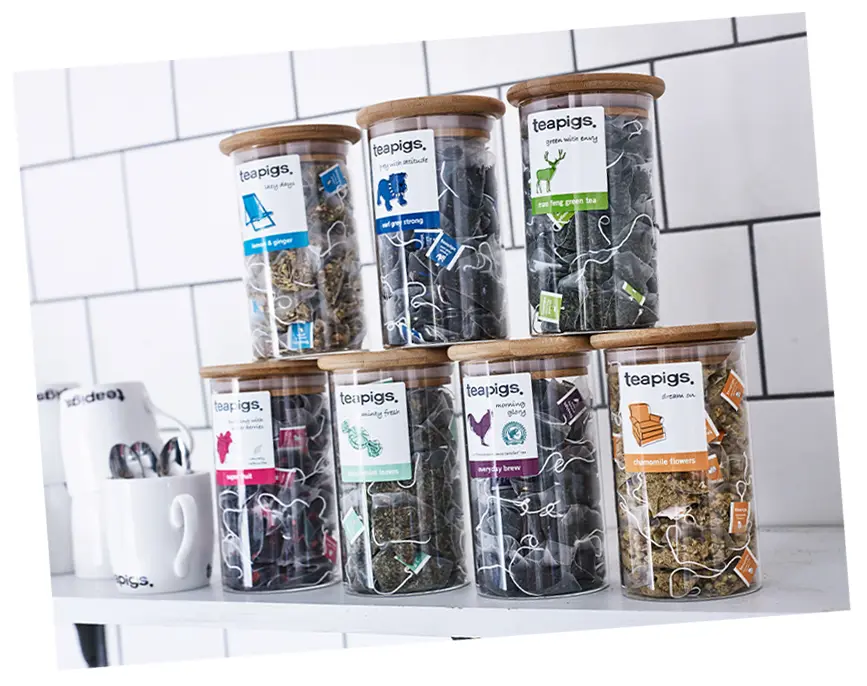
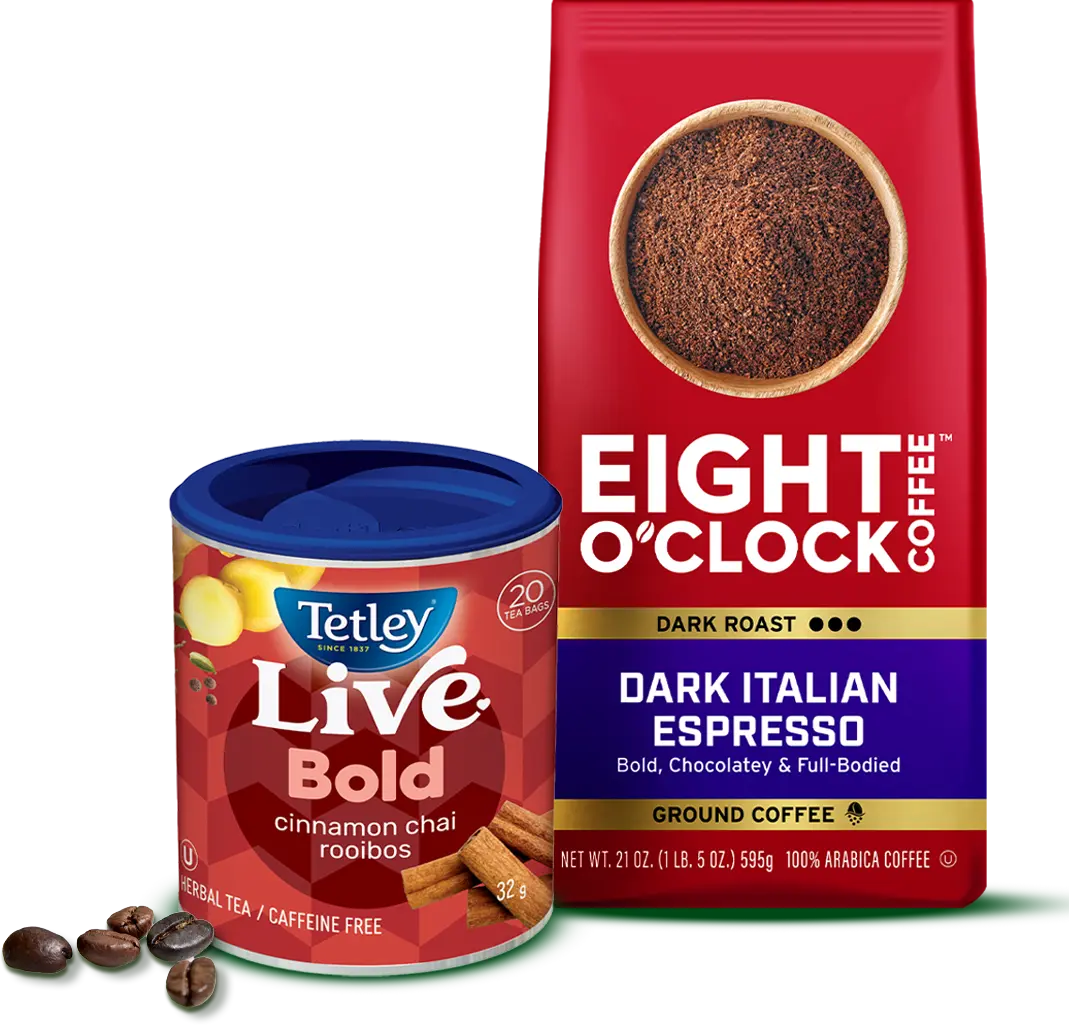
 | 18
| 18KICK BACK WITH A
Coffee
We have an amazing coffee brand in the US called Eight O’Clock, it’s been around for some time and first got its name from 8 O’Clock being the time most Americans enjoyed their coffee – now of course it’s all round the clock, but the name has stuck.
When it comes to sustainability, the same pillars apply to coffee as they do with tea, but here we’re talking packaging.
Eight O’Clock, or EOC for short, has two major packaging formats: bags for our beans and ground coffee, and coffee pods with our partners Keurig cups. All K cups are 100% recyclable.
* check locally

EOC K cups are packed in recyclable board cartons. The pods can be recycled once the lid and the coffee grounds have been removed.
Our ground and whole beans are packaged in laminated foil bags made from different plastics and a metalised layer. The format keeps our coffee at its best from the factory to your mug, but it isn’t widely recyclable yet.
We’re working on this but have not found the right solution for us yet that is of the quality we and our consumers expect - we’ll keep you posted on how we get on.
 | 19
| 19exploring new
Tastes
Most people know us better as a major beverages company, but life at Tata Consumer is changing as we enter new food categories, and our stature as a broader FMCG grows.
Our most recent ‘food moves’ are into world foods and cereals.The UK has taken the lead with launching Joyfull Millets Muesli, which if you haven’t read yet has a great sustainable story to it.
The US is leading the drive into ready to eat foods with an indulgent Indian range called Raasa.
Joyfull Millet Muesli is packed in packaging which can be taken to front of store facilities* to be recycled after use.
We are still working to find the right solution for our world food brand Raasa. It’s pretty tricky with food categories like this, as keeping the products safe and fresh, and the packaging easy to access, means options are more limited than they are in some other categories.
* Check stores for availability
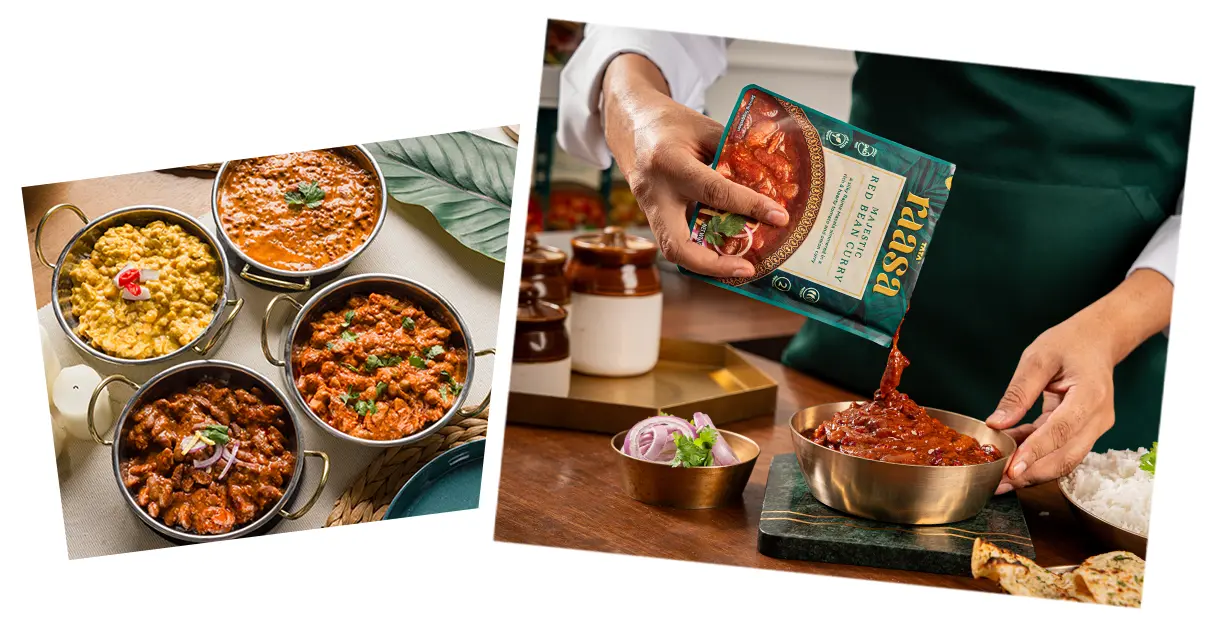
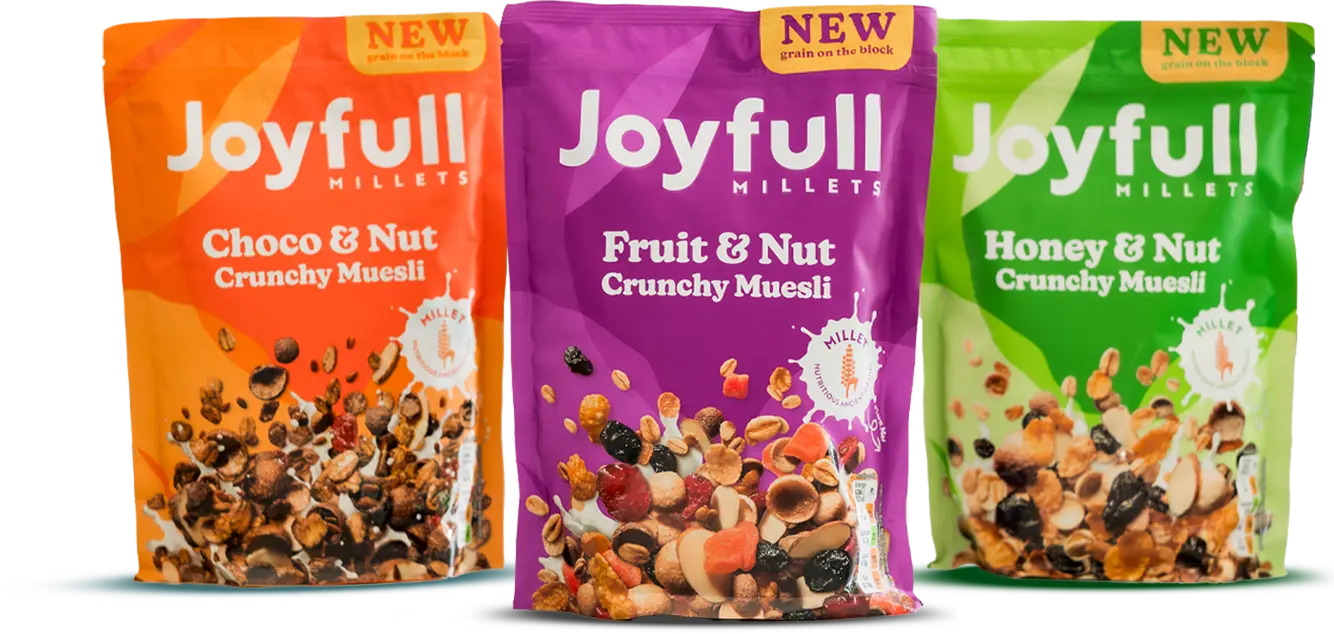
 | 20
| 20
For Better
People
We’re committed to help those that work within our fields of interest to live decent lives and combat the environmental and social challenges they face.
The support we give to communities, both close to us and those who live many miles from our business forms a big part of this, so let us show you some of the ways we are helping others.
 | 21
| 21working with others
for positive
Change
When you’re on a mission to make a difference, it’s always good to have someone by your side. We believe in the power of partnerships and there are a number which are really important to us:
The Rainforest Alliance
In our tea business, the green frog seal that can be found on many of our tea packs shows that the tea inside has been sourced from Rainforest Alliance Certified farms. This means that farmers manage their land more sustainably and protect the environment, and workers on the farms benefit from improved livelihoods.
Rainforest Alliance certified farms are checked against a rigorous standard for sustainable agriculture by independent auditors. The results of the audit include recommendations and suggestions for improvements. You can see more about this at ra.org

The Ethical Tea Partnership (ETP)
ETP is a global membership organisation working with tea companies, development organisations and governments to improve the lives of tea workers, farmers, and their environment. Its aim is to drive long-term, systemic change tackling the most pressing economic, equality and environmental issues, as well as supporting communities on the ground with programmes across Africa and Asia.
For us, ETP is an important partner when it comes to some of the projects we support in tea growing communities.

International Women’s Coffee Alliance
Eight O’Clock Coffee (EOC) is a Silver Sustaining Partner with the IWCA, a global network of organisations working to achieve sustainable livelihoods through empowering women.
 | 22
| 22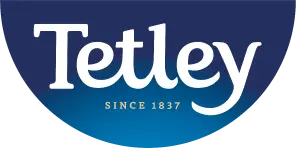
support
Malawi
We buy more tea from Malawi than any other tea company so it makes sense for us to support the tea communities there.
Working with the Ethical Tea Partnership (ETP), we’ve been working on a three year project called Kuwala bringing solar lights to households on and close to estates owned by one of our major suppliers Eastern Produce, and supporting the setting up and running of community Village Savings Loan Associations to help workers achieve a brighter future.
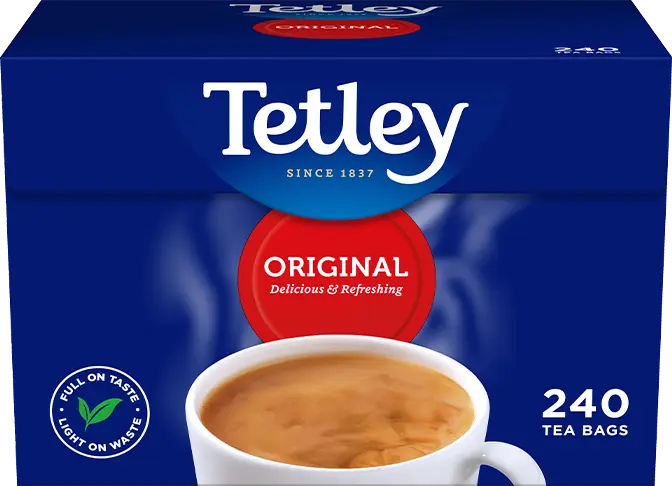

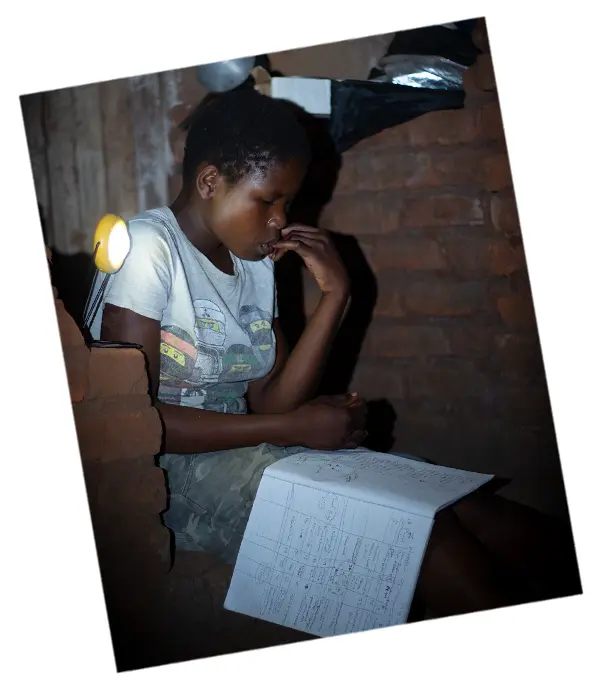
“I am now able to study and my performance has improved. My parents and my teachers are proud.”
Tina
 | 23
| 23
empowered
Savings
With the formal banking system not available to the economically vulnerable in Malawi; the risk of falling deeper into poverty can lead some to turn to potentially dangerous loan sharks with high rates of interest. Village Savings Loan Associations are designed to reduce reliance on this high-risk practice.
VSLAs are self-managed groups of 15-25 people, where members are given skills training, and coaching on financial literacy and management. Members put their savings into a joint fund which they can continue to pay into, or borrow from, at an agreed interest rate for the course of a savings cycle of between 6-12 months.
As members repay their loans, the joint fund increases. At the end of the savings cycle the accumulated savings are shared out in proportion to the total savings each person has put in. After the ‘share-out,’ the group can then start a new savings cycle if they wish.
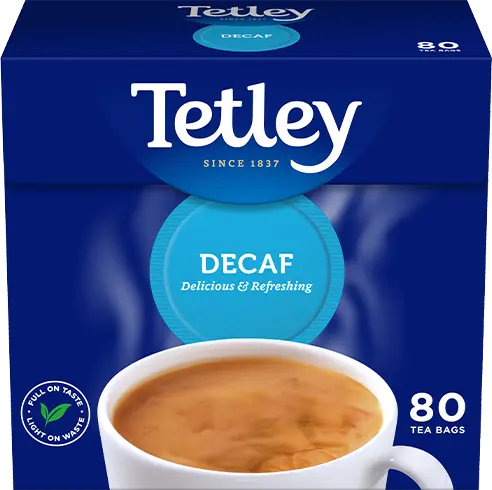


“My life has improved.. I can afford things.. building a house.. owning land.. start a small business.. support my children’s education and provide them with food.” - Eliza Tebu, weighbridge clerk at Ruo tea estate, and single mother of two
 | 24
| 24
from tiny
Roots
Tiny tree seedlings could have great potential for tea smallholders in Malawi.
We’re supporting a new programme with the Ethical Tea Partnership which will start with a variety of different seedlings to be nurtured at a Tetley Tree Nursery.
Local smallholders will be helped to choose the types of trees that would benefit their smallholding most, and in time will be paid for the carbon the trees absorb when they mature.
Farmers choose from boundary; shade and fruit trees.
Farmers plant and nurture the trees so they mature.
Mature trees do their thing and remove carbon from the atmosphere.
Using clever technology and a bit of science from Acorn, developed by Rabobank, biomass increase is measured, and Carbon Credits are issued.
Carbon credits go into a ‘carbon bank’ to be sold to responsible corporates to help them offset their own carbon emissions. Small holders receive a payment from this.
opening the door to opportunity
It might sound a little complicated, but it’s truly exciting. Carbon credits are big business, but they’ve not really been available to smallholders before as schemes often require complex and costly verification measures.
The ACORN model changes this. It provides a much cheaper point of access and is far less complex to manage.
Training and support will be given to the smallholders to help them understand the opportunities and the potential business model that comes with it, and existing rural networks including the Village Savings and Loans Associations (VSLAs) will be used to make it happen.
We have committed to support this programme with the Ethical Tea Partnership for the next three years and we look forward to monitoring its progress and understanding the impact it can have.
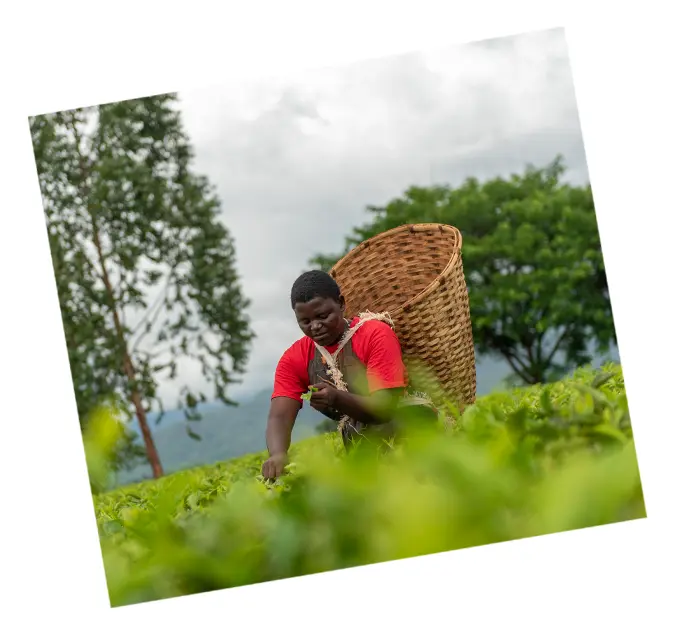
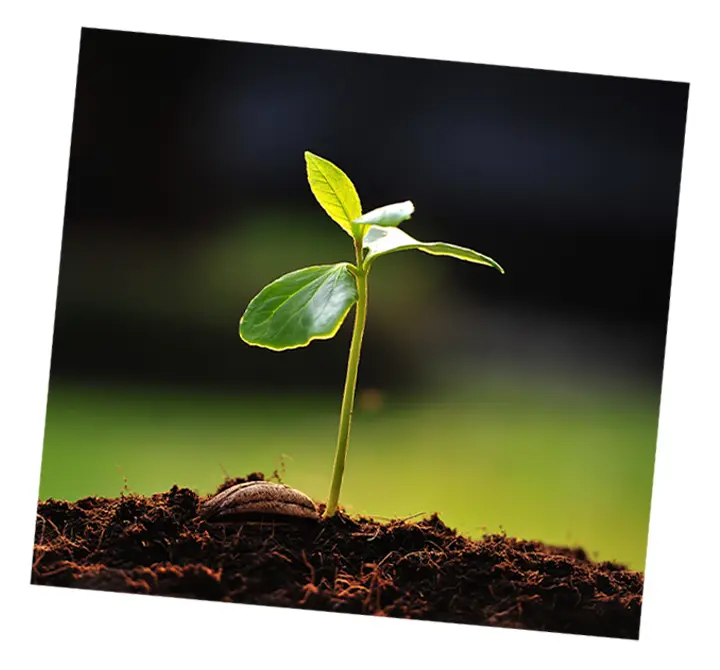
 | 25
| 25
cuppas supporting
vulnerable young
people in
Rwanda
teapigs has been doing some special things in Rwanda with a charity called The Point Foundation supporting orphans and vulnerable economically deprived and disabled young people in the Gisenyi area, where much of the tea for teapigs blends comes from.
The money is helping provide long term education programmes and a living and teaching infrastructure that can change young people’s lives.
Take a look at some of the things our money has helped to provide:
- 2 teapigs houses built for teachers, visitors and students with disabilities to attend the Mwogo Vocational training centre.
- Equipment for vocational training like a tailor school.
- A food and nutrition programme for young children.
 | 26
| 26
giving back to the
Planet
Sustainability and environmental values are at the heart of our Good Earth tea brand. They feel that as they take the best that nature has to offer to create the bold flavours of nature found in its teas, then they need to give back to nature as well.
Good Earth in the UK gives the equivalent of 1% of gross sales to environmental non-profit causes through the 1% for the Planet initiative, and through this sponsors Bright Green Future, an environmental leadership and empowerment programme for 16-19 year olds inspiring young people to be changemakers and make a positive impact.


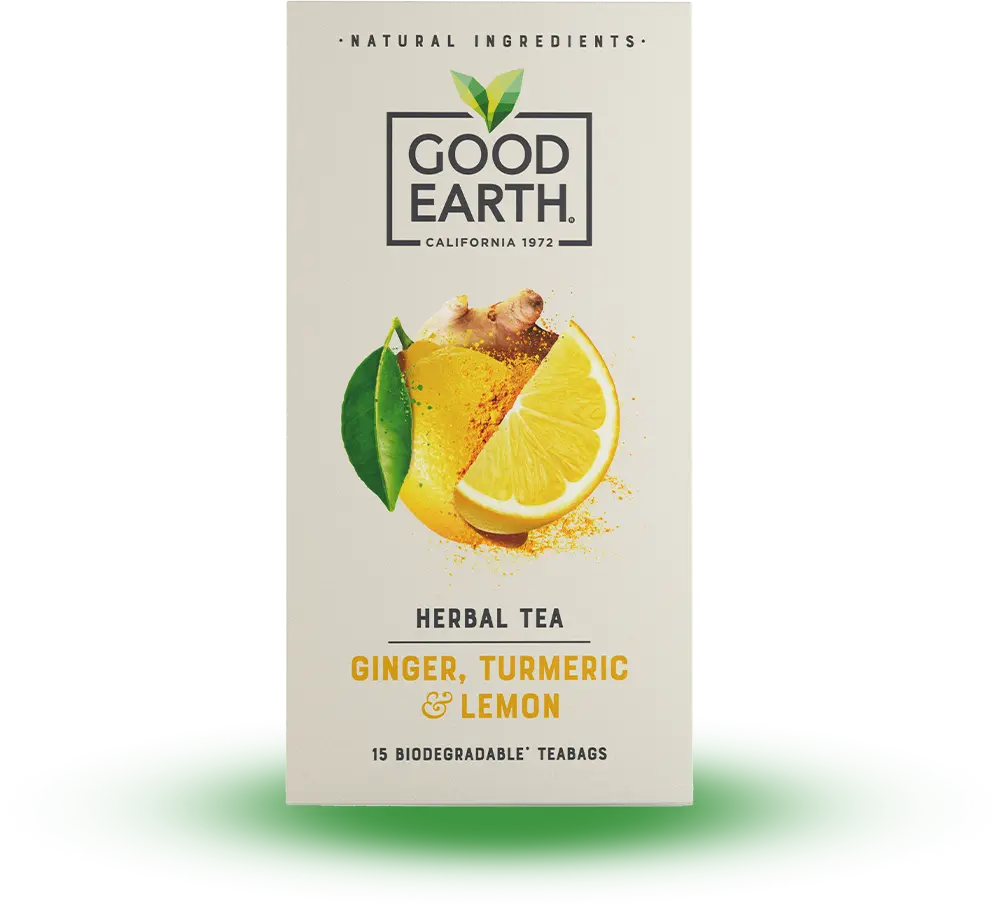
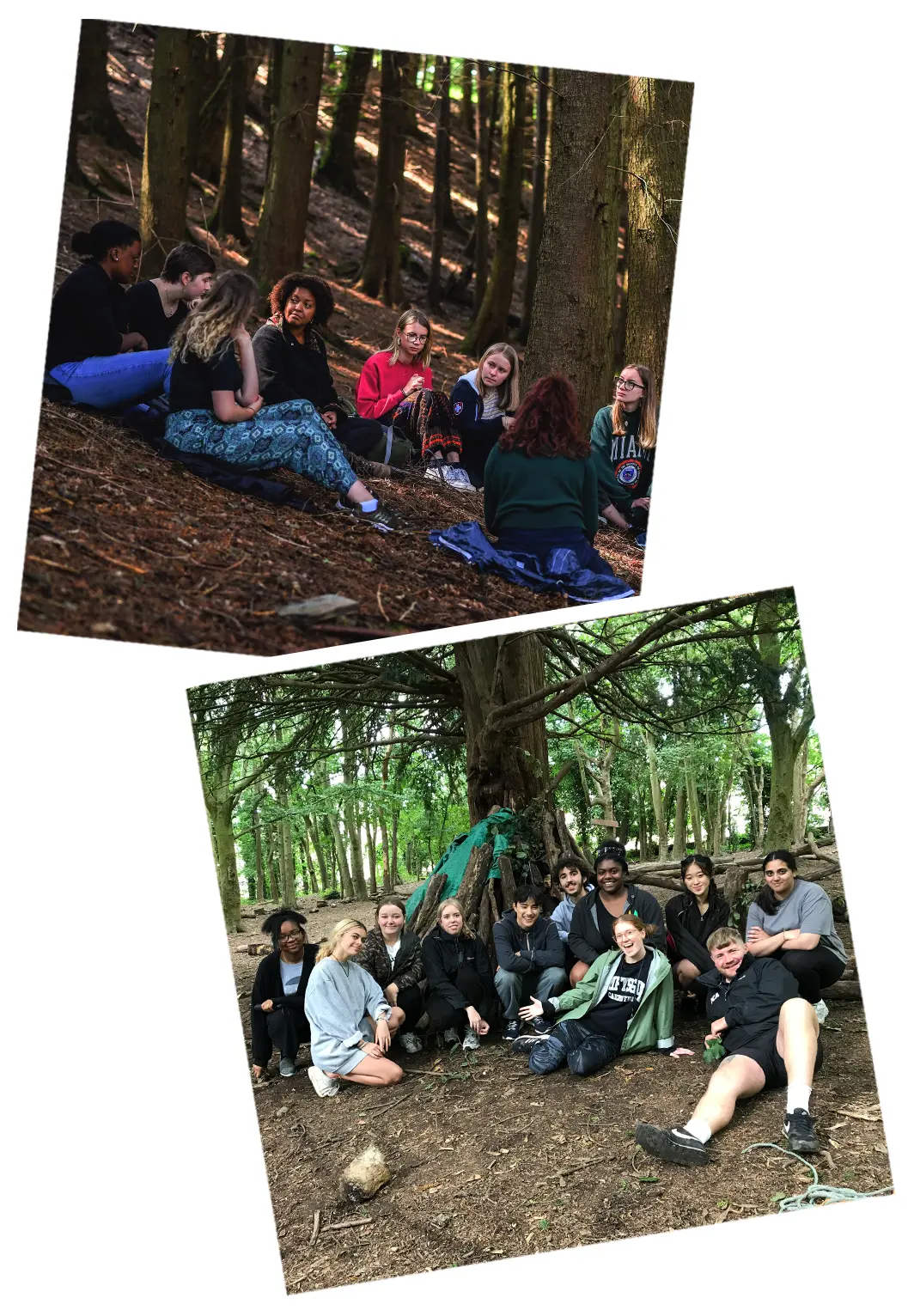
 | 27
| 27
inspiring women in
Coffee
Eight O’Clock coffee is a silver sustaining partner of the International Women’s Coffee Alliance, a global network working to achieve sustainable livelihoods through empowering women.
Eight O’Clock Coffee created a "Women In Coffee Rooted in Responsibility" series to spotlight female-founded coffee shops, with the founding owners sharing their inspiring stories, their love of coffee and the importance of community.
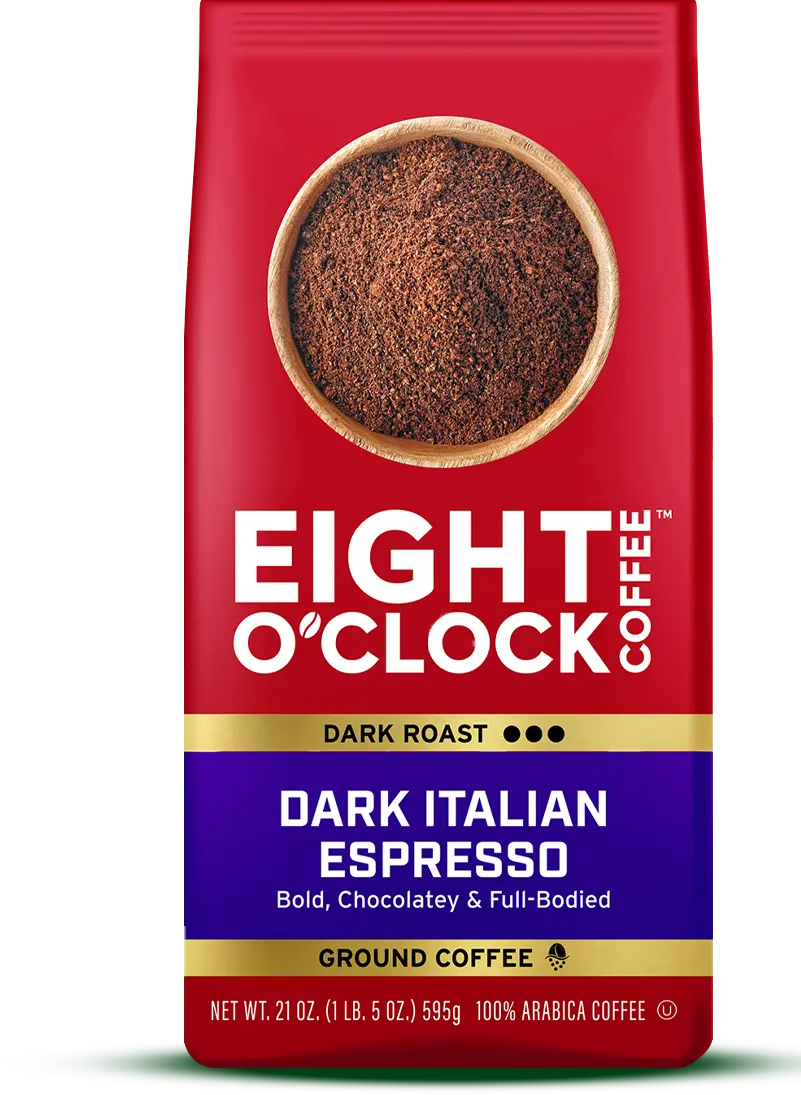
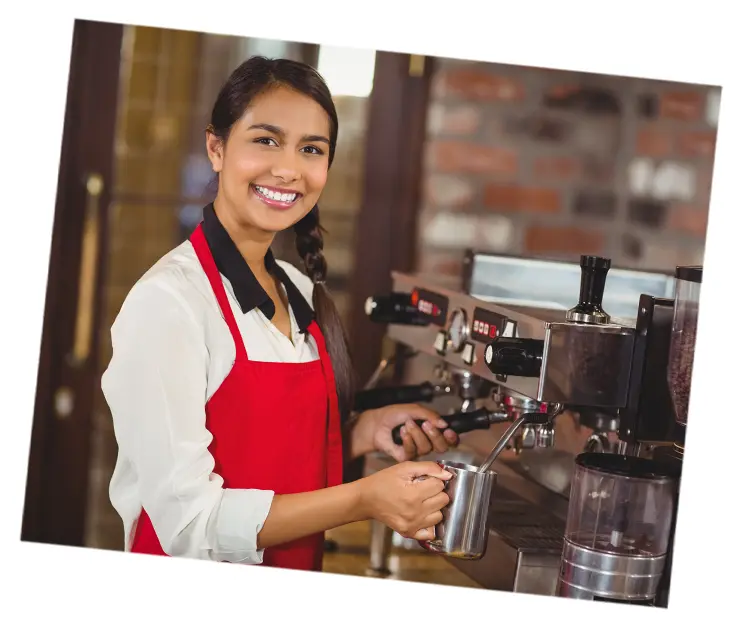
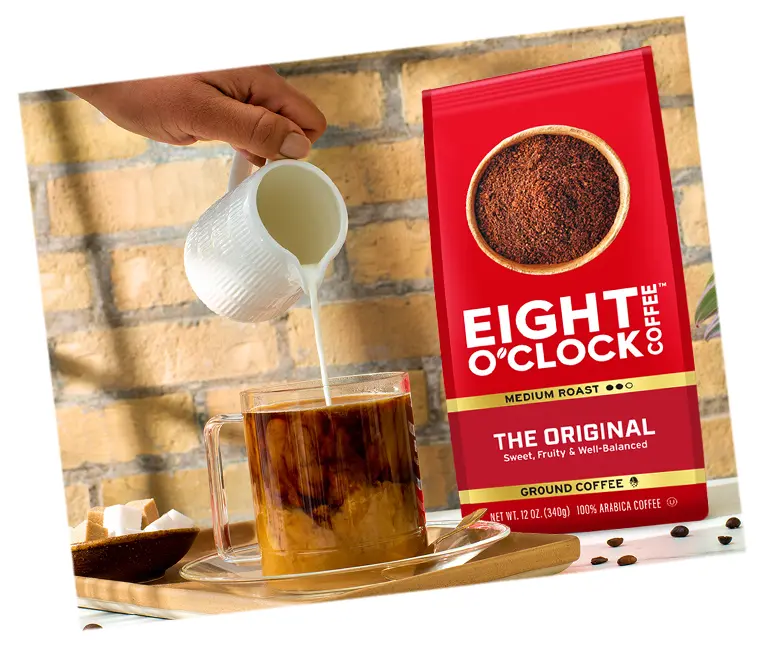
 | 28
| 28
in the
Pink
we are really proud to support the canadian cancer society.
One of the ways that we lend our support is via donations from the sale of what we call our Tetley Pink Pack.
Each year we put a range of proposed pink pack designs to the public vote for their thoughts on what design and the message it conveys works best for them.
The proposed pack designs are intended to serve as a symbol of hope for the many families dealing with a breast cancer diagnosis.
Since we started in 2000, more than $850,000 has been donated to the charity.
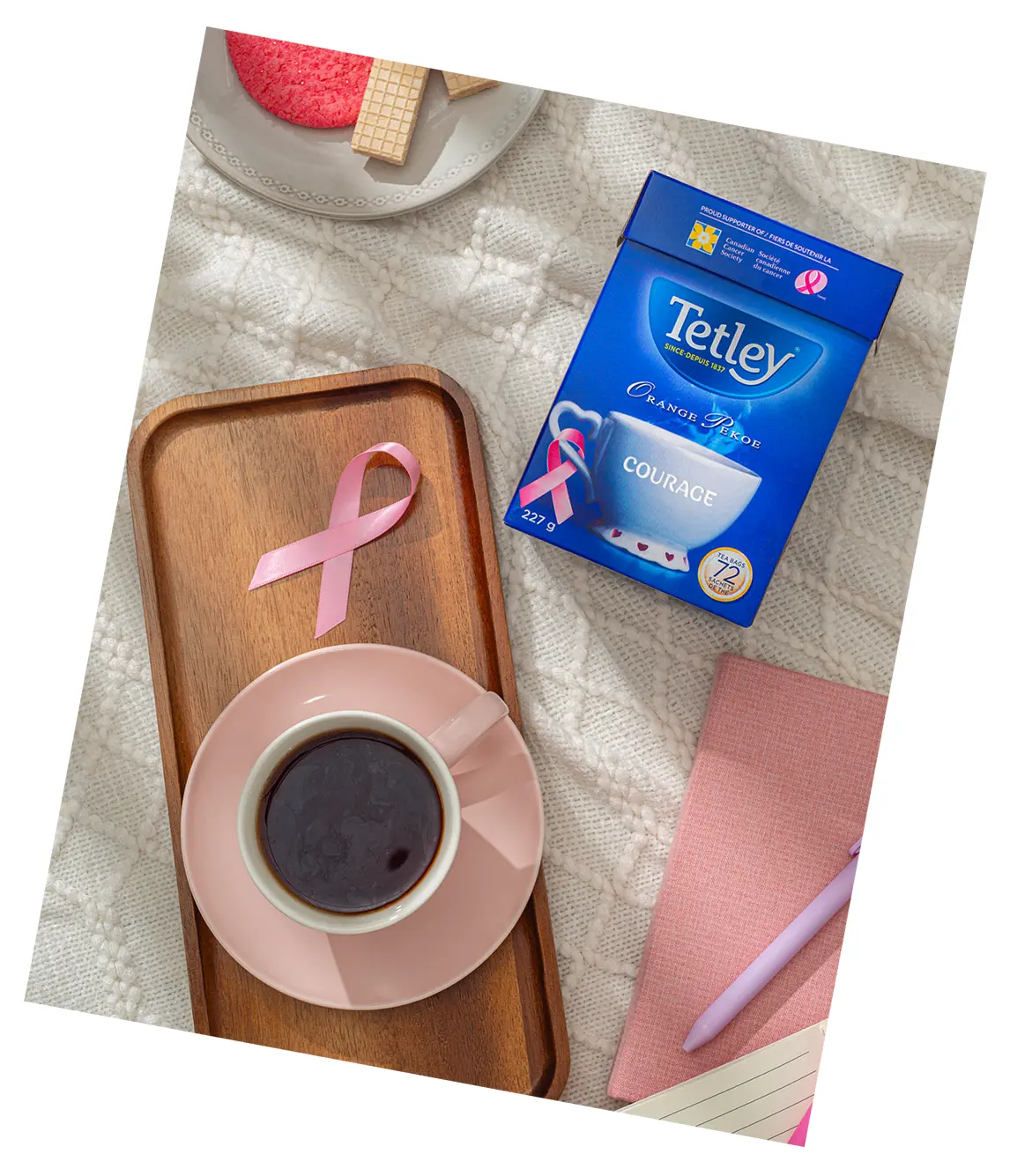
 | 29
| 29working together for
Better
As a company we’re big on helping others and every member of staff is given two days paid leave to volunteer for something close to their hearts.
Whether an organised volunteer month, volunteering on personal time, or just getting together to raise funds and do some good, we’re always on it, working together #ForBetter.
Here’s a few of the things we’ve been up to:
- Our UK team went big on #helloyellow to support their chosen charity Young Minds.
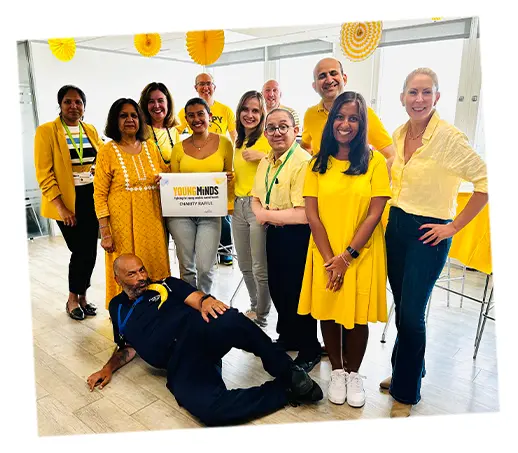
- Our heroic marathon runners supported Macmillan via the TCS London Marathon and America Scores New York via the TCS New York Marathon.
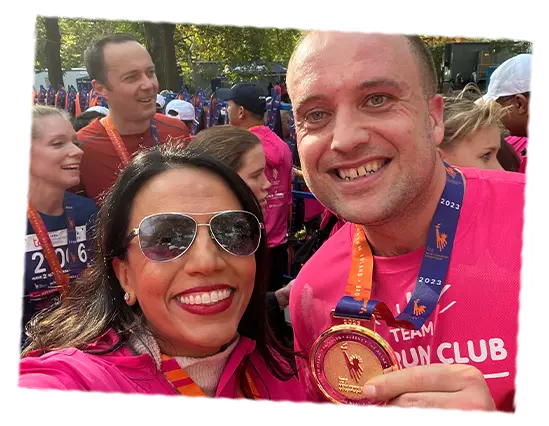
Books and learning have taken centre stage together with food and beverage donations.
- Our US team participated in a Tata Sons sponsored Truck of Books event, donating 37,000 books to New Jersey educators.
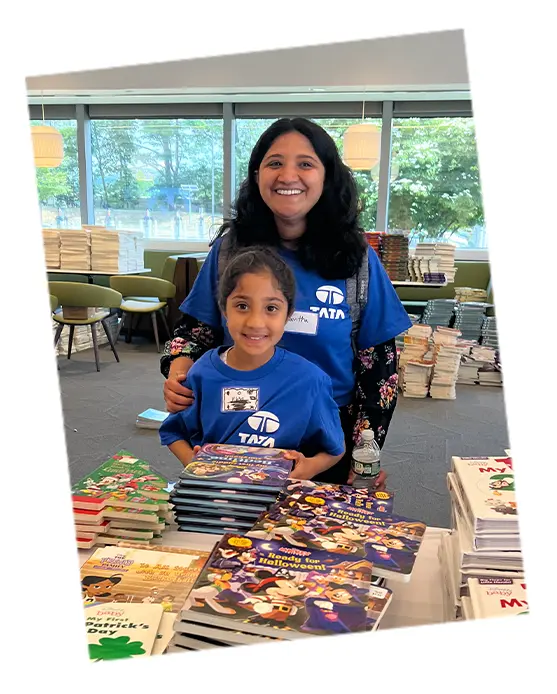
- The Canadian Team supported First Book; reading with, and distributing books to Grade 5 students at Grenoble Public School in Toronto, with a large population of child refugees from war torn nations many have never owned a book.
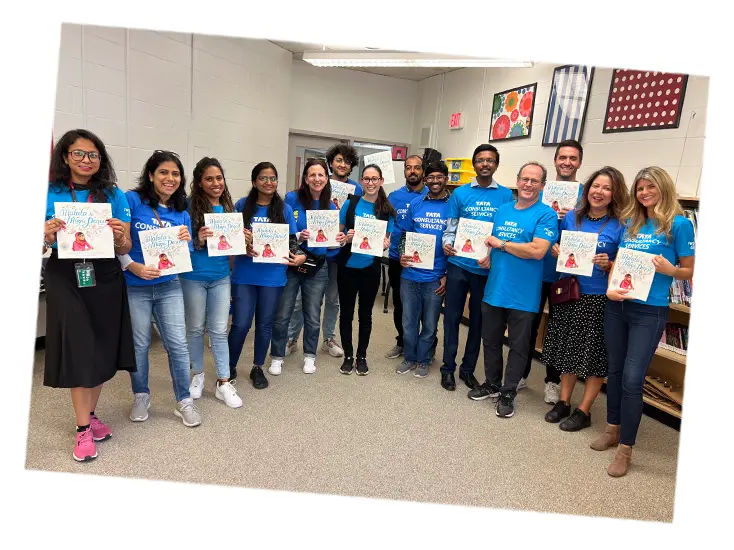
 | 30
| 30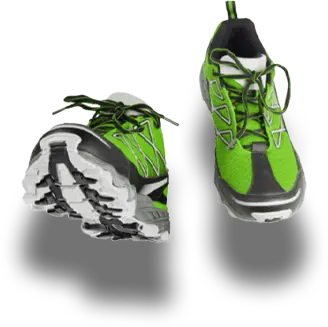
working together for
Better
We’re big supporters of charities tackling hunger and food waste.
In the UK we are a leading food partner of Fareshare and our tea brands and Raasa Indian foods all gave generously over the year.
- In 2023 Fareshare redistributed over 95 tonnes of food supporting close to 2,000 charities which help the homeless; low-income families; refugees and others. Our brands contributed to 21,593 plates of food as part of the Christmas food drive.

- Our great team of volunteers braved the cold to collect donations of food and drink from shoppers at a major retailer.


- Working with non-profit Phi Beta Sigma Inc. 134 cases of Eight O’Clock coffee was donated to Senior Citizens and the AME Food Pantry in Newark NJ.
- At Foodbank Victoria in Australia our team showed great community spirit helping pack 5,500 meals.
- In Europe the Tetley team added new design packs of Tetley into hampers to take to local social causes on the island of Malta.
- Our fantastic ForBetter team in Canada did meal prep at the Daily Bread Food Bank, an amazing organization working to meet emergency need for food and advocating for long term solutions to end poverty. The TCP team helped make hundreds of nutritious meals for soup kitchens, shut-in programs (like Meals on Wheels) and food banks in the greater Toronto area.
We look out for each other too we’ve trained Mental Health First Aiders in the business, and most of the international business have access to the leading CalmApp where we are encouraged to take time to care for ourselves. We are big on the importance of fitness too – our US team led the way with a step challenge this year and not to be outdone other markets put their best foot forward too, the UK team collectively walked a distance from London to Assam and back – quite some feet (excuse the pun!).
 | 31
| 31Teamwork
makes the dream work!
Project manager Martin Beall is a fantastic community champion in Stockton on Tees where our tea factory is based in the UK.
Outside of his everyday job Martin runs something pretty special. After the pro-longed period of Covid lock downs and isolation was over, he got together with a group of others to set up a basketball club for adults called The Golden Smog Warriors.
Golden Smog as a name does not sound too healthy, and has nothing to do with basketball per se, but it is where the idea germinated. The Golden Smog is actually a hidden gem of a micro-Pub in Stockton, and a firm favourite of the club’s founders.
The idea behind the club was to benefit people’s mental and physical wellbeing by giving them a reason to get out and about again post Covid, meet new people; socialise and be more active.
Golden Smog is totally inclusive, open to men and women and people of all abilities and backgrounds, and support is given to those from lower income households if they need help to join.
It has been a real success, and was voted North-East community team of the year by Basketball England. It gives keener players the opportunity to play competitively in one of the many Golden Smog Warriors teams and everyone the chance to train, play and socialise.
The club is also very community minded, and works with a local charity called Sprouts who run pop up events in deprived areas to deliver food and physical activity to the people in the area. A group, including Martin, teamed up with Sprouts and others in the community to build a new community hub for Sprouts in a deprived area of Thornaby – a great venture which saw Martin appear on a major television programme!
“With the company supporting volunteering it gives us all a great opportunity to go out and make a difference somewhere.”
A great venture and great spirit Martin.
